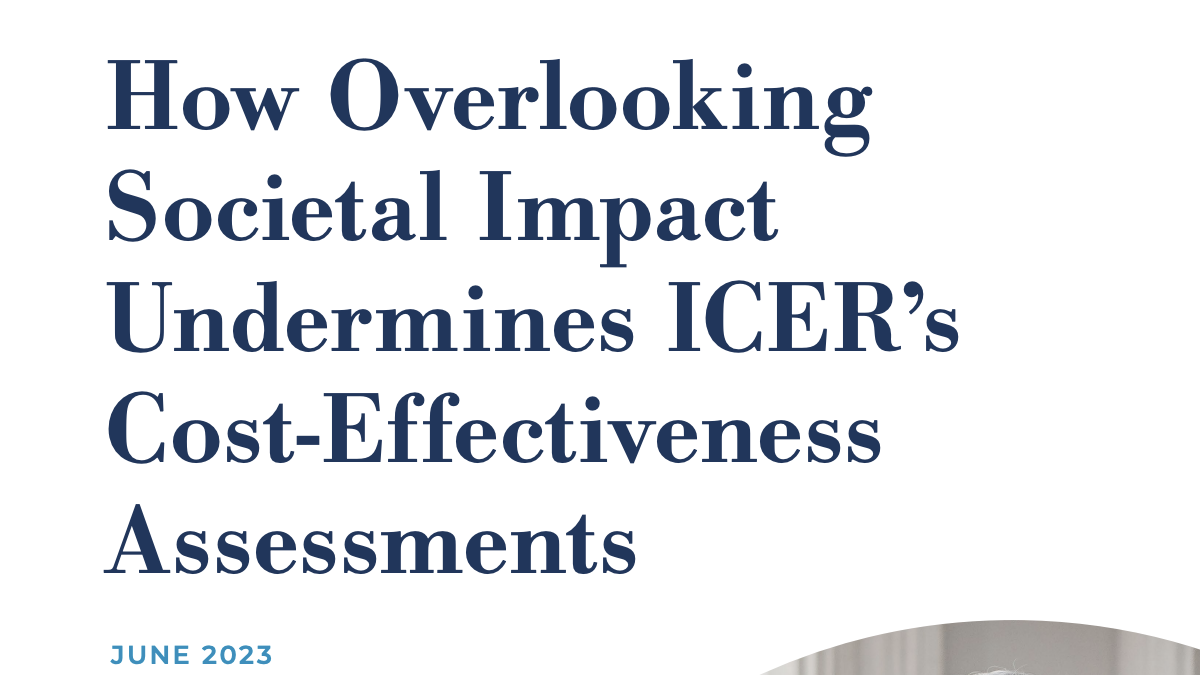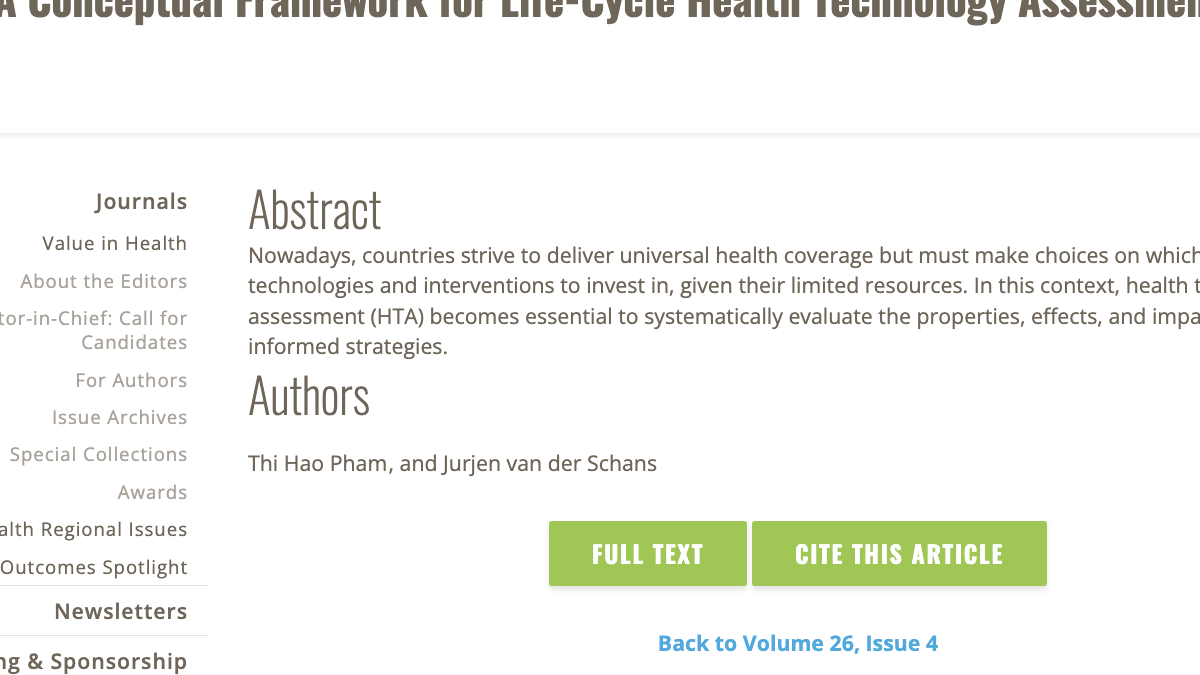The admonition to the Institute for Clinical and Economic Review’s Beacon Hill economists should be quite simple: “Stay in your lane.”
While the U.S. Food and Drug Administration reviews medications based on whether they are safe and effective, ICER believes its role is to determine how much medications should cost. Despite struggling to fulfill this self-proclaimed mandate, the group of economists is now suffering from a serious case of mission creep.
ICER has a curious practice of declaring a medication’s value before federal reviewers and other stakeholders can assess all the data used to earn the FDA’s approval.
And last month, in response to the FDA’s approval of aducanumab, the economists released a sternly worded missive asserting their review was superior and should have dictated the medication’s fate. Aducanumab is the first medication that attacks Alzheimer’s root cause instead of just treating the symptoms. In short, ICER believes its judgement preempts that of the medication’s manufacturer, the patients who will benefit from the therapy, the doctors who treat those patients and, most importantly, the federal officials charged with reviewing the medication.
Now, the health economists are moving on to asthma drug tezepelumab.
The new biologic is designed to significantly reduce asthma attacks. Its application for federal approval will be under FDA consideration until sometime next year. Meanwhile, patients and their health care providers wait and hope for good news.
But not ICER. The health economists are well into their own review, with plans to release the findings later this year. If the group issues an unfavorable opinion, then asthma patients could have cause for concern.
Just ask a migraine patient. After initially dismissing three new therapies for acute migraine as not cost-effective, ICER took a mulligan. It eventually increased its health-benefit price benchmark, but also encouraged insurers to institute prior authorization protocols that would limit patients’ access to the new drugs – all, once again, ahead of federal approval.
Crossing lane lines has become the norm for ICER. And its actions underscore an unsettling fact: The Institute for Clinical and Economic Review seems to consider the FDA’s approval process an empty formality.




